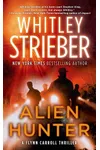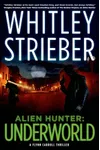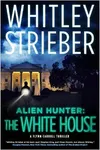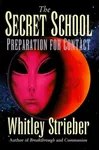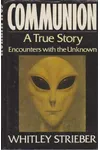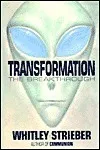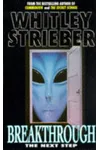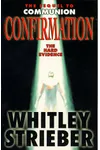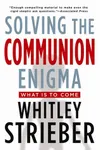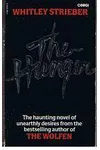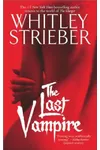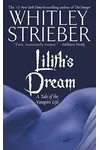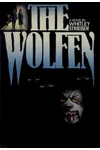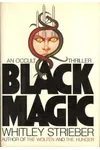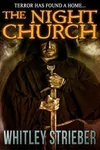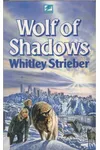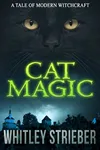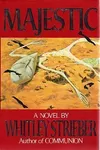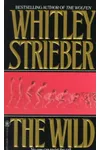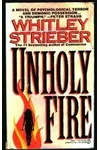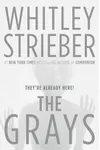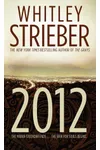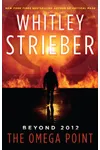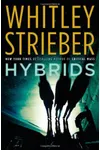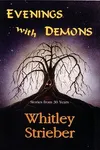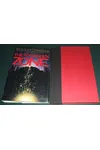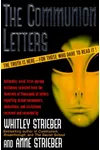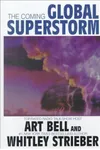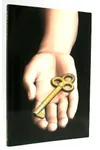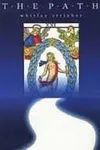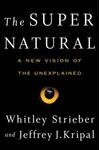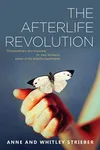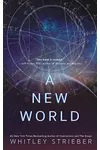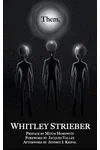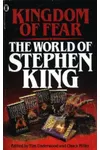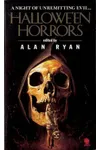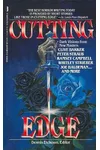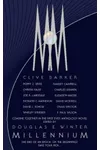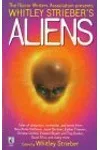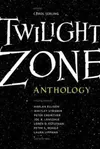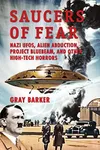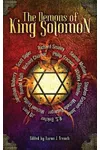Picture an American storyteller who spun tales of vampires and aliens, captivating readers with eerie yet thought-provoking narratives—meet Whitley Strieber! Born in 1945, Strieber is a New York Times bestselling author whose groundbreaking works like The Hunger and Communion redefined horror and paranormal literature, blending the supernatural with raw human emotion.
From his early days in San Antonio, Texas, to becoming a cultural icon, Strieber’s fearless exploration of the unknown has left an indelible mark. Ready to dive into his haunting world? Let’s unravel the story of this literary trailblazer.
The Making of Whitley Strieber
Louis Whitley Strieber was born on June 13, 1945, in San Antonio, Texas. Growing up in a vibrant city, he developed a fascination with storytelling, influenced by the mysteries of the world around him. After earning a B.A. from the University of Texas in 1968 and studying at the London School of Economics, Strieber worked in advertising before leaping into writing. His early career was marked by a bold shift from corporate life to crafting novels that would soon captivate horror fans.
Whitley Strieber’s Unforgettable Stories
Strieber’s debut novel, The Wolfen (1978), introduced a chilling take on werewolves, blending urban realism with supernatural terror. Its cinematic adaptation in 1981 showcased his knack for vivid, adaptable stories. In 1981, The Hunger revolutionized the vampire genre with its sensual, sophisticated narrative about an immortal vampire, Miriam Blaylock. The 1983 film, starring David Bowie and Susan Sarandon, cemented its cultural impact.
Strieber’s most iconic work, Communion (1987), marked a daring pivot to non-fiction. Detailing his alleged 1985 alien abduction in upstate New York, the book sparked global fascination with its haunting cover image of a grey alien. Despite skepticism, its raw honesty and exploration of the unknown resonated, topping bestseller lists. Later works like The Grays (2006) and Majestic (1989) wove alien themes into thrilling fiction, showcasing Strieber’s versatile style—part horror, part speculative, always introspective.
His writing blends visceral fear with philosophical depth, often exploring humanity’s place in a vast, mysterious universe. Whether crafting horror or probing paranormal experiences, Strieber’s narratives invite readers to question reality itself.
Why Whitley Strieber Matters
Strieber’s impact transcends genre. The Hunger revitalized vampire fiction, paving the way for modern interpretations, while Communion reshaped public perceptions of alien encounters, introducing the now-iconic grey alien to pop culture. His willingness to share personal, controversial experiences sparked discussions about consciousness, extraterrestrial life, and the boundaries of human perception. Despite critics’ debates over his abduction claims, Strieber’s influence on horror and paranormal literature endures, inspiring writers and filmmakers to explore the unknown.
His work also fostered a community of “experiencers,” with thousands sharing similar stories after Communion’s release. Strieber’s legacy lies in his courage to confront the inexplicable, making the strange feel intimately human.
About Whitley Strieber
- Born: June 13, 1945, San Antonio, Texas
- Key Works: The Wolfen (1978), The Hunger (1981), Communion (1987), The Grays (2006)
- Notable Adaptations: The Wolfen (1981), The Hunger (1983), Communion (1989)
- Fun Fact: Strieber hosts the podcast Dreamland, diving into paranormal topics.
Snag Communion or The Hunger and dive into Whitley Strieber’s thrilling, mind-bending world! Whether you’re a horror buff or a paranormal enthusiast, his stories will leave you questioning what’s out there.
